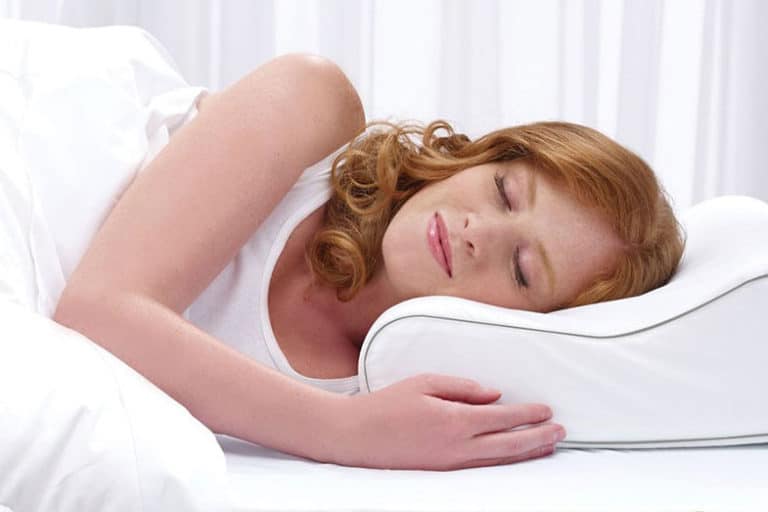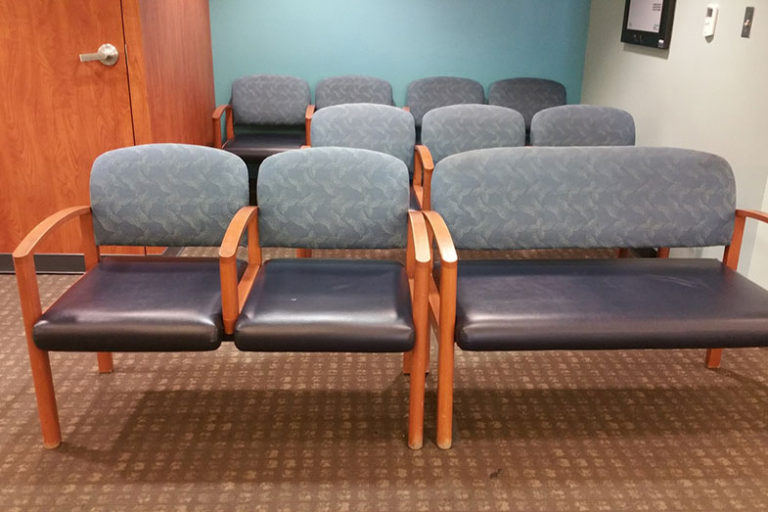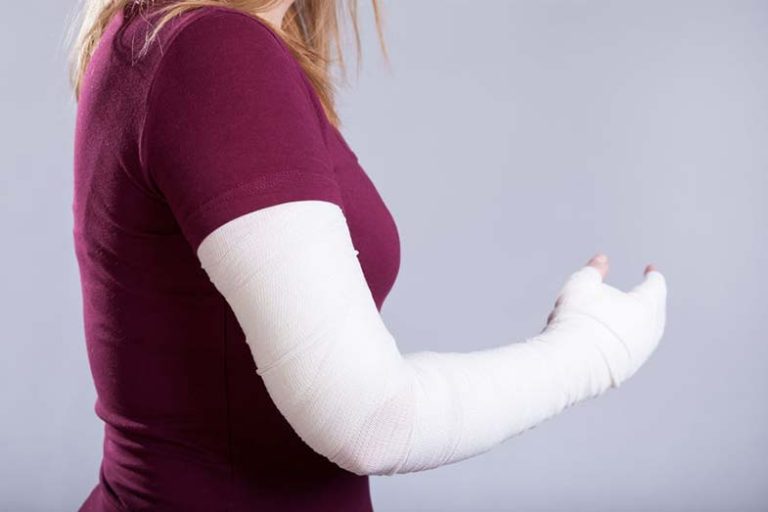4 Best Sleep Positions for Seniors
Disclosure: We may get commissions for purchases made through links in this post.
Sleep is an important part of our day; it is equally important as eating and drinking water. When we sleep, our body is reenergized to be able to function well. In order to protect our physical and mental health, we should make sure that we get enough sleep.
Studies suggest that in order to feel rested and alert during the day, adults should sleep at least 7 to 8 hours at night. As you get older, you can expect changes in your sleep pattern but making sure that you sleep 7 to 8 hours should be a priority.
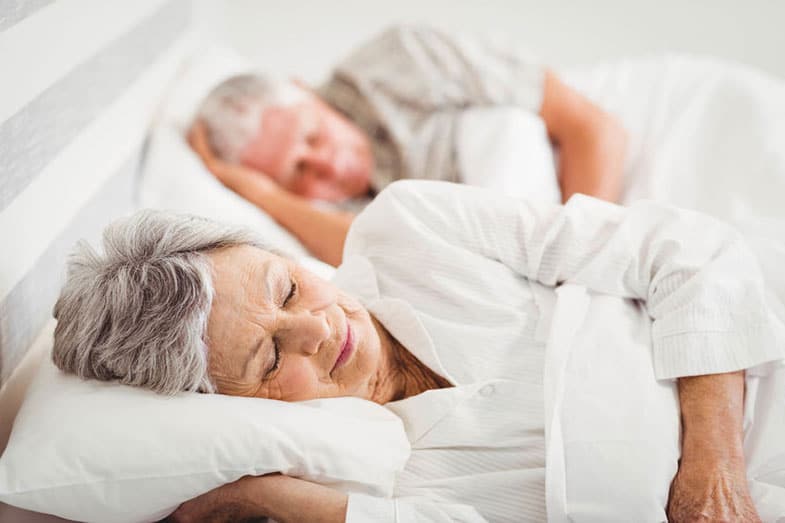
Tips to Have a Quality Sleep for Seniors
It is quite alarming that many older adults do not get enough sleep that they need because they are having trouble falling asleep. Older adults also sleep less deeply and wake up easily. They also tend to wake up more often in the middle of the night. Some older adults also tend to feel sleepy early in the evening and awaken early in the morning. Some older adults who have trouble sleeping at night need to take an afternoon nap to be able to feel rested.
Here are some tips that might help you get enough quality sleep at night.
1. Create a Safe and Comfortable Place to Sleep
This is the first and most important aspect that can contribute to having a quality sleep. Make sure you feel safe and secure – lock the doors and activate your smoke alarms.
Make sure that you have a comfortable bed and a safe environment where you can sleep. A quiet and well-ventilated room can help too. Using comfortable pillows and beddings can also help seniors have a good night’s sleep.
2. Exercise Regularly
Regular exercise helps improve the quality of sleep. Having a regular exercise routine can help increase the duration of your night sleep. When you are physically active, you will feel tired and sleepy because you have exerted so much energy during the activity.
3. Practice a Regular Sleep Routine
Go to bed and wake up at the same time every day; by doing this, your body can get used to a regular schedule of a bedtime routine.
You should also establish a bedtime routine; this is helpful because it signals the body that it is time to slow things down and relax. Examples are soaking in a warm bath, reading a book, or watching your favorite TV show.
4. Do not Drink Alcohol and Caffeine Before Bedtime
Caffeine and alcoholic beverages are stimulants that will keep you active and awake for a certain period of time. If you need a snack before bed, warm milk and sugar-free crackers are a good option.
5. Do Not Worry About Your Sleep
Many older adults tend to sleep less at night because they worry about not getting enough sleep. So free yourself from worrying about your sleep and try to let sleep come naturally. If possible, use your bedroom only for sleeping. If you do not feel drowsy after fifteen minutes, get out of bed and think of some things you can do. Go back to bed once you feel sleepy.
Sleep Positions to help Seniors Sleep Better
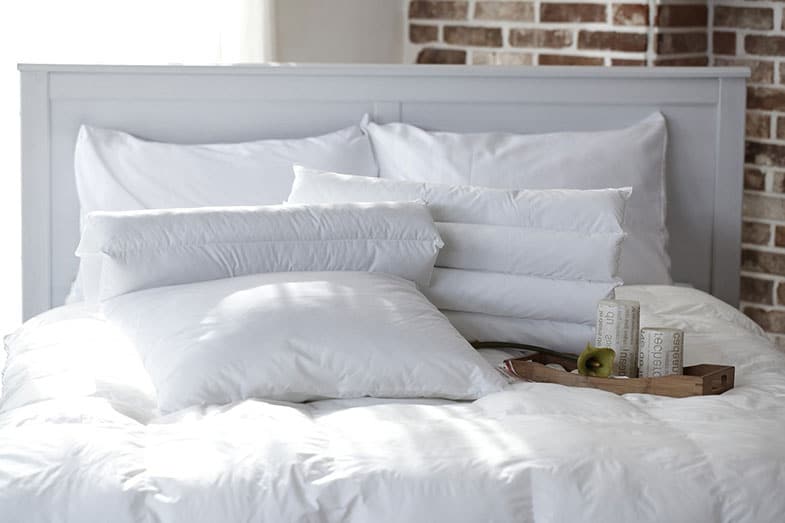
There are a lot of reasons why older adults cannot get quality sleep during the night and one of them is chronic pain. As we grow old, our body becomes less flexible, so it is important that we follow proper sleeping positions in order to minimize pain at night.
The key to reducing pain while sleeping is to keep the body in an aligned position. This is for younger adults, but we all know that our body transforms and changes as we grow old. Here are some points to remember in finding the right sleeping position for seniors.
1. Stomach Sleepers
Sleeping on your stomach is helpful for people suffering from degenerative disk disease. Sleeping on your stomach can cause severe back pain. Try one of the following to relieve pain when lying on your stomach.
- Bring one of your legs to the side; bend it slightly and put a pillow under the knee.
- Do not use a pillow on your head. If you are not comfortable, you can use a very thin pillow.
- You may also place a thin pillow under your pelvis to add more comfort.
- Do not sleep on your stomach if you have neck pain. Twisting your head to the side while sleeping on your stomach puts pressure on the nerves in the neck. An orthopedic sleeping pillow can (view on Amazon) help relieve neck pain and back pain by helping you maintain a proper sleeping position.
2. Side Sleepers
For side sleepers, positioning your pillows correctly is the key to eliminate pain. The position of the pillow depends on the area where you feel pained. This sleeping position is highly recommended for those suffering from hip pain. Sleep on the side where you do not feel pained and try the following.
- To help reduce pressure on the upper shoulder, add a pillow under your arm. Put a pillow on your torso but leave a space for the arm. This will relieve pressure on the lower shoulder.
- It is important to use enough pillows under the head to keep it in a neutral or aligned position. The key is to align the spine from the back to the body.
- If you are a side sleeper and you are suffering from knee pain, bend your knee slightly and make sure you are comfortable.
3. Back Sleepers
This is the most common sleeping position. For older adults who suffer from back pain, keep this in mind:
- Maintain a neutral sleeping position by not using too many pillows under the head. Find a pillow that does not force your neck to bend forward.
- To help reduce lower back pain, use a pillow or a leg wedge under your knees. A leg wedge (view on Amazon) can help you stay in the proper inclined position to avoid knee pain.
- For people suffering from severe shoulder pain, it is recommended to sleep on your back with a pillow under the pained shoulder.
4. Inclined Position
Heartburn or GERD can cause severe discomfort while sleeping; sleeping on the left side helps reduce discomfort. You may also do the following:
- Incline your head by elevating the head of the bed. You may use a bed wedge (view on Amazon) to incline the head and torso. You can use a bed wedge to replace your pillow. They are handy and easy to use, so you do not need to install them on your bed because it is portable.
- If you have a condition called isthmic spondylolisthesis, it is recommended that you sleep in an inclined position. This will help relieve the pressure on the spine.
Common Causes of Sleep Problems in Seniors
Aside from chronic pain, there is much underlying reason why older adults have difficulty sleeping. Detection of the main reason why they do not sleep soundly is suggested in order to address the problem correctly. Here are some of the reasons why they do not have quality sleep at night.
- Stress
A significant change in your way of life can cause stress. This may be a loss of a loved one, retirement, or moving to a different home. So, it’s important that seniors find someone who they can talk to so they can explain what they’re going through, thus alleviating the stress. - Medication
Seniors usually take more medications than younger adults. These medications may have side effects that can alter your sleeping patterns. Some medications may have a negative side effect when combined with other medications. If you continue to experience a change in your sleep pattern, ask your doctor to change your medication. - Sedentary Lifestyle
Older adults who are sedentary may have difficulty sleeping because the energy produced by the body is not released. For older adults, in order to maintain optimal health, they need to exercise to have a night of quality sleep.
Conclusion – 4 Best Sleep Positions for Seniors
It is normal to wake up more often during the night when you get older. On the other hand, the difficulty of falling asleep is a different scenario. If you feel that your difficulty in falling asleep has progressed into a complicated predicament, do not hesitate to seek professional help.
Sleep deprivation is a serious matter; this can lead to more serious problems if not addressed immediately. Sleep deprivation can lead to more serious health problems like heart and kidney disease, diabetes, high blood pressure, obesity, stroke, and even depression.
Sleep deprivation can also be a threat to the safety of the people around you. Aside from drunk driving, drivers who fell asleep while in transit is also one of the reasons why car crashes happen.
There is a lot of reasons why having a quality sleep at night is important especially for older adults. Older adults are more prone to have diseases linked to sleep deprivation because they become weak and fragile. So, finding out ways such as the suggested tips above is imperative in order to not only boost one’s sleep quality but overall physical and emotional health as well.



